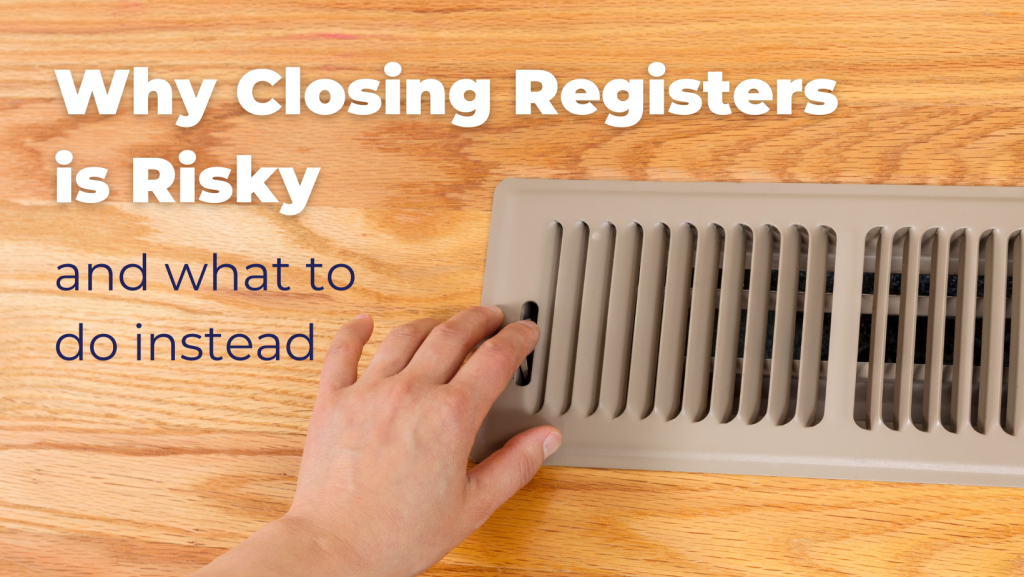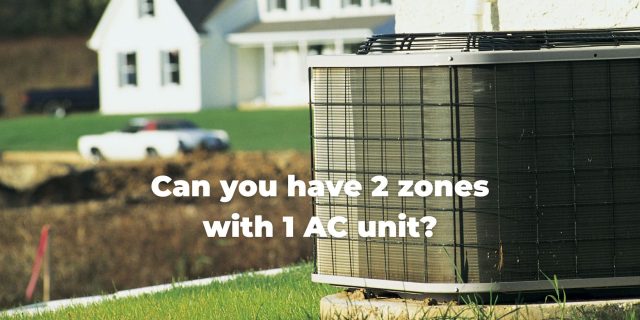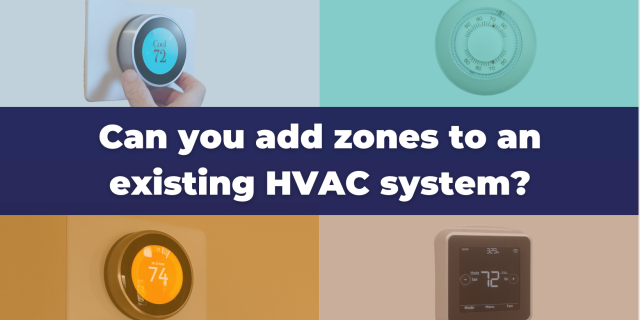
Why Closing Registers Is Risky – and What to Do Instead

Have you ever considered closing the heating registers in a space you’re not using? Many homeowners use this solution to save energy or improve their comfort. This is logical, but closing registers is risky. We’ll share why, and what you can do instead. But first, why are people closing their registers?
Why would someone close registers?
People close registers for all kinds of reasons. The most common reason is that there’s a room in their home that they’re not using. Often a child grew up and moved out, and parents don’t want to waste energy heating and cooling their childhood bedroom. So, they close the registers in that room.
Sometimes homeowners have a different issue: a room that gets too much heating or cooling. Maybe there’s one room right next to the blower that gets more cooling than it needs. If you change the thermostat to make that room comfortable, other rooms that are farther from the blower get worse. So you might close the registers in that room to keep it comfortable.
Or there could be an area with large windows that let in the afternoon sun. This room won’t need as much heat as the one next to it that doesn’t have that southern exposure. You might be tempted to close the registers here so it doesn’t get too hot.
What are the risks of closing registers?
We’re here to let you know: closing too many registers is risky. It can seem like it’s helping in the short term, but you won’t save any money at all if you run into costly complications.
The first problem with closing registers is the effect it has on your heating and cooling equipment. Closing the registers changes the air pressure inside your ductwork, and it can cause damage to the blower that results in equipment failure. So a simple trick intended to solve your comfort issues or usage patterns can cause you to lose your A/C or heating completely.
The second problem is specific to air conditioners. Did you know your air conditioner coils can actually get too cold and freeze? This can happen if there is not enough air moving through them. It can damage the compressor, and necessitate replacing one of the most expensive components of the A/C system.
Another problem has to do with airflow. Closing registers stops the airflow to certain areas of your home and within the HVAC system. This can lead to issues such as decreased indoor air quality, dust accumulation, condensation, or even mold.
So closing registers may not be the best idea. How else can you make your home more comfortable or avoid wasting energy on a space you don’t use? There are some simple ways to fix uneven air conditioning, and you can save energy with these tips. If these simple fixes aren’t enough, read on to learn how to get precision heating and cooling in every area.
Alternatives to closing registers
There’s one way you can fix these issues without the risk of closing registers. It’s called zoning! HVAC zoning systems have dampers in the ductwork that control the airflow to different areas, or zones. You set a thermostat in each zone that you can use to control the temperature in that specific area. So you can set back the temperature in unused zones, and avoid unnecessary heating and cooling.
HVAC zoning helps maintain proper airflow, preventing issues like stagnant air or areas with poor ventilation. With the right thermostat, you can tailor ventilation settings to each zone based on its specific needs. This means you can increase ventilation in areas prone to moisture buildup, such as bathrooms or kitchens, and still allow for individualized control over temperature settings. While closing registers can be a temporary solution, HVAC zoning provides a safer, more comprehensive, and efficient way to manage heating and cooling in different areas of your home, leading to improved comfort, energy efficiency, and system performance.
Additionally, zoning protects your HVAC equipment from the damage that makes closing registers risky. Arzel Zoning systems prevent damage to your blower by ensuring that the air pressure is not too high when the blower starts. The zoning system will also monitor the temperature in your ductwork to keep from freezing your air conditioner coils, and prevent your furnace from overheating. A contractor will professionally install zoning, making sure that the zoning system is balanced with the ductwork and equipment. So you can protect your investment and you don’t have to worry about expensive repairs.
To learn more about zoning, talk to a local HVAC contractor.
Topics
- Energy Efficiency (17)
- Homeowner Tips (19)
- HVAC Zoning (25)
- Indoor Air Quality (2)
- Indoor Comfort (32)
- Uneven Temperatures (5)
Recent Posts
View AllEverybody needs to heat and cool their home, and no one likes to pay for it. Even so, most of us are wasting energy to make our homes comfortable. This guide to HVAC zoning will show you how to avoid this pitfall. At the same time, you’ll get better comfort in your home. Imagine lower […]
Creating Multiple Comfort Zones with One AC Unit Can you have two zones with one AC unit? The answer is a resounding yes. With HVAC zoning, you can transform your home into multiple comfort zones, each tailored to your preferences. Instead of relying on a single thermostat to control the entire house, HVAC zoning uses […]
If you’re like most homeowners, you probably look for ways to save money on energy costs. Does HVAC zoning save money? We’ll explore that question here, so you’ll know what to expect if you decide to install HVAC zoning in your home. What Is HVAC Zoning? Let’s start with the basics. When you add zoning […]
Why many homes are uncomfortable Before we ask, “Can you add zones to your existing HVAC system?” it’s helpful to ask why you’d want to do that. Well, without adding zones, you’re left with just one temperature zone for the entire home. There are several issues with this. One thermostat doesn’t give you much control […]



